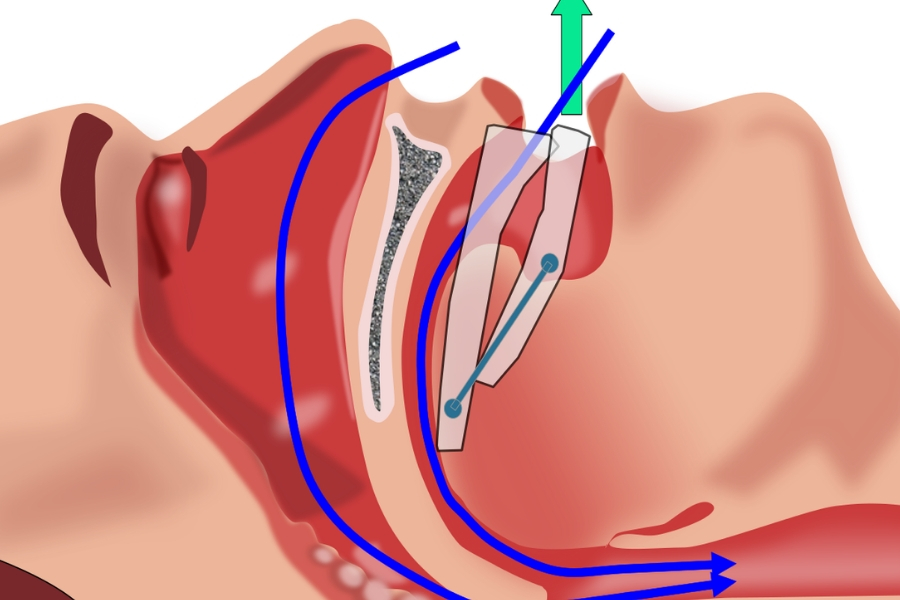The link between sleep apnea and depression has been well established for years. A study published in 2017 demonstrated a significant overlap between the two. Despite this connection, many patients with depression are never tested and the sleep apnea can go untreated for many years. I have witnessed a signficant reversal of depressive symptoms once a patient is diagnosed and treated appropriately. A new study published in January found that one mechanism behind the connection could be that patients with sleep apnea have problems recalling specific details about their lives.
Estimated to affect more than 936 million people worldwide, obstructive sleep apnea (OSA) is a serious condition that occurs when a person’s breathing is interrupted during sleep.
People with OSA are known to suffer memory problems and also have higher rates of depression but it is not well understood how these issues are connected with the development of the disease.
The new study led by RMIT University in Melbourne, Australia, examined how the condition affected autobiographical memory and found people with untreated OSA had problems recalling specific details about their lives.
Symptoms of Sleep Apnea include:
- Loud snoring
- Episodes in which you stop breathing during sleep — which would be reported by another person
- Gasping for air during sleep
- Awakening with a dry mouth
- Morning headache
- Difficulty staying asleep (insomnia)
- Excessive daytime sleepiness (hypersomnia)
- Difficulty paying attention while awake
- Irritability
If you think you might have sleep apnea, let your doctor know so that you can get properly diagnosed and treated!






Leave A Comment